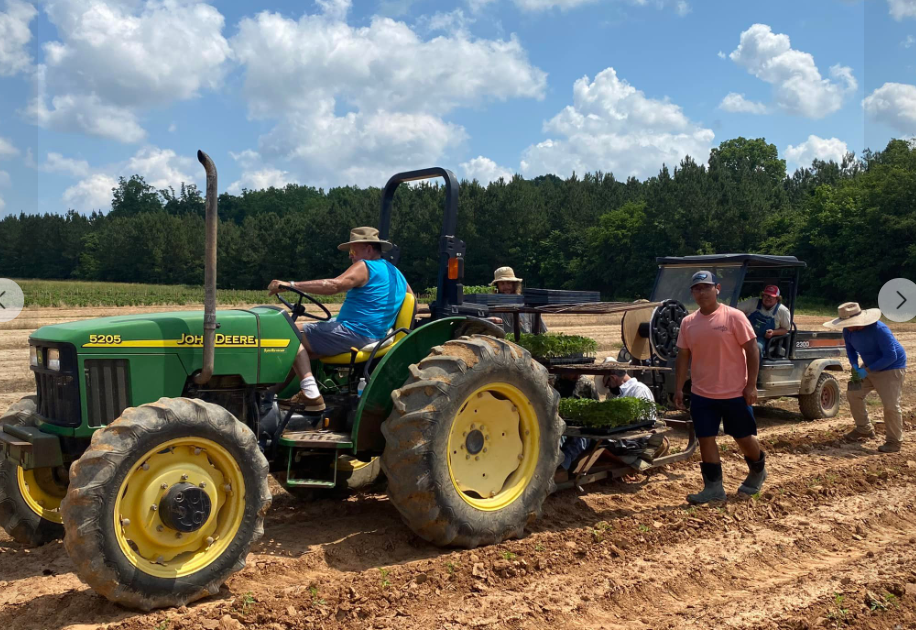‘Nobody knows where the end is’: Rowan farms feel the heat of summer price spikes
Published 12:10 am Thursday, June 16, 2022
ROWAN COUNTY — For farmers in Rowan County, issues taking place around the world are starting to have a sizable impact on their own livelihood in recent months.
A war in Ukraine, an inflation crisis at home, and rising fuel costs across the country are all taking their toll on local agriculture and those working on these farms see no end in sight
“It’s really intense right now,” Amy-Lynn Albertson remarked when asked to explain the current situation facing local farms.
Albertson, the Rowan County Extension director for the North Carolina Cooperative Extension, analyzes these issues and local agriculture around the region and said that multiple factors have led to the current situation.
Demand for fertilizer has risen while sanctions against Russia as an exporter have limited the number of suppliers, causing prices to rise quickly, sometimes up to four times the standard rates.
This has been aggravated by rising costs for fuel around the world, particularly diesel, a resource that farmers rely upon in numerous ways.
David Correll, of Correll Farms in Cleveland, pointed out that a 500-gallon tank he kept on his property for fuel cost him $1,000 a year ago but when he went to fill it again earlier this month, it cost him $2,500.
All of these increases for ‘input’ into agriculture work have left farmers looking for alternative ways to cut back elsewhere.
For some, this has meant turning away from growing corn and wheat since they are “feeder heavy” crops that require a significant amount of fertilizer in order to thrive, according to Albertson.
For others, this has meant cutting back on hay operations, something Randy Elium of Elium Farms said local farmers were forced to do because of the skyrocketing fertilizer costs to pasture the hay.
Ultimately, though, the farmers are in a difficult situation since many crops, such as corn and soybeans, are fixed. This means that farmers aren’t able to increase the amount they sell those staple crops for even when they are spending more just to grow them.
The most troubling part for many farmers around the area is the fact that there is no end to this crisis in sight. Correll captured that sentiment when asked how he thinks the issue will play out. “Nobody knows where the end is. There is no history for a situation like the one we’re in right now. None.”
Albertson believes that adjustments can be made and agriculture can stabilize again. At the same time, she concedes that it will likely take a more comprehensive approach than ever before.
Issues ranging from climate change to water usage may all need to be addressed, and quickly, she suggested. Otherwise, crises like these may no longer be exceptions but may become the norm.
For farmers in Rowan County, the focus for now is on doing what they still can just to get by, even if it means making sacrifices for the time being.
International conflicts, inflation and spiking fuel prices may come and go, but agriculture is one constant that communities around the region, and the world, still rely on.





